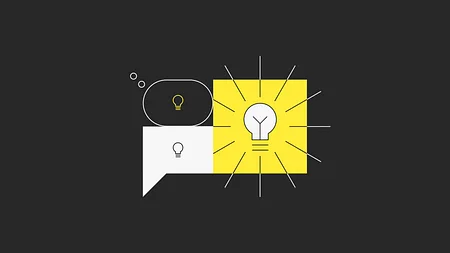Leda Writes for Fintech Futures: Trust as renewable energy

Every Thursday, Leda Glyptis, 11:FS Chief of Staff creates #LedaWrites. This week she turns her attention to trust, consistency and the currency of credibility.
Trust is a versatile word. It’s been used to explain why banks survived in the face of the recession, it’s been used to explain why banks fail and public opinion turned against them with the rise of fintechs like Monzo and Revolut. Trust is a shield to defend the old ways of business and a lance to attack them. Trust is a word used without restraint.
Does the word have any meaning anymore? There’s no way it can be used to attack and defend both incumbents and challengers. Or can it?
Trust has become currency, we all agree it matters and that it’s contested, but disagree on who deserves it. And the mechanics of how it’s kept, lost and gained. Despite the disagreements trust has become integral to banking, because trust isn’t about the inherent good of something, it’s about reliability.
The word is tied tightly to positive emotive responses, but at its core it’s used to mean that things will be a certain way. Trust is about mechanics and consistency. Being able to act in the knowledge the responses you’ll get will be a certain way. One brand may be more likeable than another but that doesn’t mean you trust them differently. We trust the banks we don’t like to not fail just as much as the ones we do like.
There’s a core belief in trust that when you stop interacting with something it will continue behaving the same way. You don’t need to keep an eye on it to make sure it won’t fall over. It’s faith in the lack of excitement, in the power of being rock solid, constant and consistent.
So, how did trust become the currency of credibility? Trust keeps customers with you, predictability brings trust, which means trust begets trust. It gives you the runway to develop things that delight, the things that bring more customers, more revenue and more custom.
Because once it is there, it renews itself. So long as everything you do remains, you got it, consistent.
Read the whole story at Fintech Futures.


